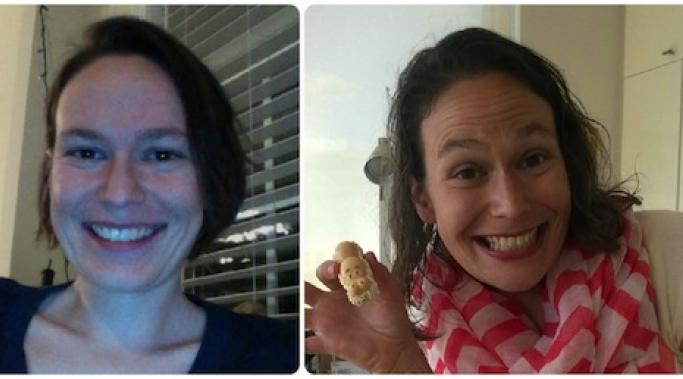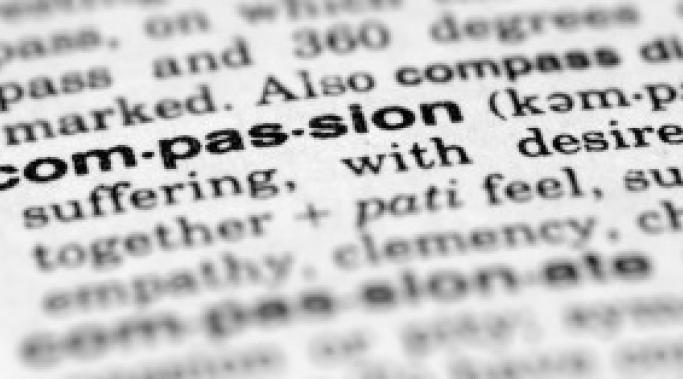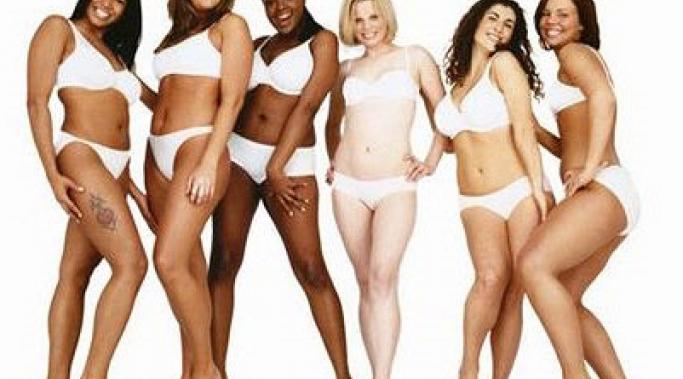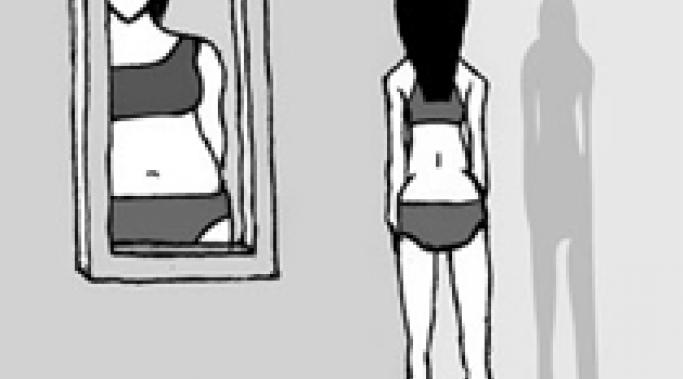Last month, I was traveling with family and friends and had a chance to see just how far my recovery from anorexia has come. When I went back to inpatient treatment over a year ago, I wanted to get better - to recover - but was honestly starting to doubt if it was possible. It was my third trip to treatment in as many years. It hadn't "worked" before, so why would now be any different? Even in the year since returning from treatment, it hasn't looked so great at times.
Eating Disorders Recovery
Though I am very public about my past experiences with an eating disorder and my recovery maintenance, it still doesn’t mean everyone I interact with knows every aspect of my past. So, sometimes, when I’m out eating with a group of people, someone will start to mention about a diet or some form of dietary restriction (e.g. vegetarian, paleo, etc.) they follow.
Usually when that happens, I’ll listen with empathy if it is needed, but I will rarely engage with my own thoughts on diets and weight loss. Part of the reason for this, is that it is a different dynamic when you are in a group, rather than one-on-one, but also part of my recovery is not always making every social interaction about my food, diet, and body image.
I've gone through a lot of body changes in the past year as I have worked on recovering from anorexia nervosa. And I’ve definitely done my best to deal with those changes and even accept them, but I’m not looking at myself in the mirror thinking, “Wow! I look great! I’m so glad I’m not sick any more!”
At the same time, I’m not constantly analyzing the way my butt looks in this pair of jeans or that skirt or trying on six different outfits a day like I used to. I don’t think I need to lose weight. I know I might look “better” (whatever that means) if I worked out a bit more, but it’s really not that big a deal to me.
So why do I still want to skip meals at times?
I recently found myself on the road for work, traveling and connecting with a lot of people and, therefore, creating wonderful memories with them. When I had a quiet moment to myself, while waiting at the airport, I came across an article written by a celebrity. The article was her first-hand account of a long battle with her eating disorder. Of course, I felt compelled to read it once I got through the first few lines and realized what it was about.
Patricia and I have both written before about the long, slow process of coming to acceptance of your body in your eating disorder recovery. However, it occurred to me that one of the most helpful things in my early recovery from anorexia, was a list of very down-to-earth, very practical do's and don't's for dealing with my changing body. Some of these are things I still use today if I'm having a rough body image day.
Eating disorders make for very poor travel companions on road trips. I found this one out the hard way. If you take an eating disorder out of its natural habitat, it is going to freak out. Usually, one of two things happens: (1) you throw caution to the wind for the duration of the trip and eat everything (been there) or, (2) you are so anxious about the changes that you restrict further (been there, too). Either way, it's not much fun. And vacations are supposed to be fun.
One of the most important actions to be taken in eating disorder recovery is to talk back and say ‘No’ to the voice in your mind, while fighting against the disease. My co-author Jess pointed this out in last week’s post. Of course, this is easier said than done, and I can only empathize with you if you find yourself struggling with it, since it's a situation I had to go through, and still experience at times when I’m having a rough day trying to maintain my eating disorder recovery.
I've talked some before about how eating disorders take over your head - whether that be what you are doing and eating that day, or how you compare to the girl across the room. I can say now, nine months after discharging from inpatient and residential treatment for anorexia, that the voice of the dictator is far quieter than it has ever been. At times, it's even disconcerting - it feels as though I've lost a part of myself, or perhaps as if my best friend was giving me the silent treatment.
Please let me be clear: I am not trying to glamorize my eating disorder. Far from it (and that is a topic for an entirely different post). I am simply marvelling at how I have come to this point, which felt impossible just a few short months ago.
I dedicate this post in loving memory of Benjamin Eric Smith.
Being Thankful For My Bulimia Recovery
Almost a year ago this month, I was invited to be a guest blogger on this Surviving ED blog. ‘Why not?’ I thought, after finding out more about what it entailed.
It is not my intention to make this blog post any form of commentary on religion itself, but as a part of an inter-faith family with Easter and Passover coming soon, I recently got to thinking of how religion’s restrictions on what we eat can impact someone in eating disorder recovery.









